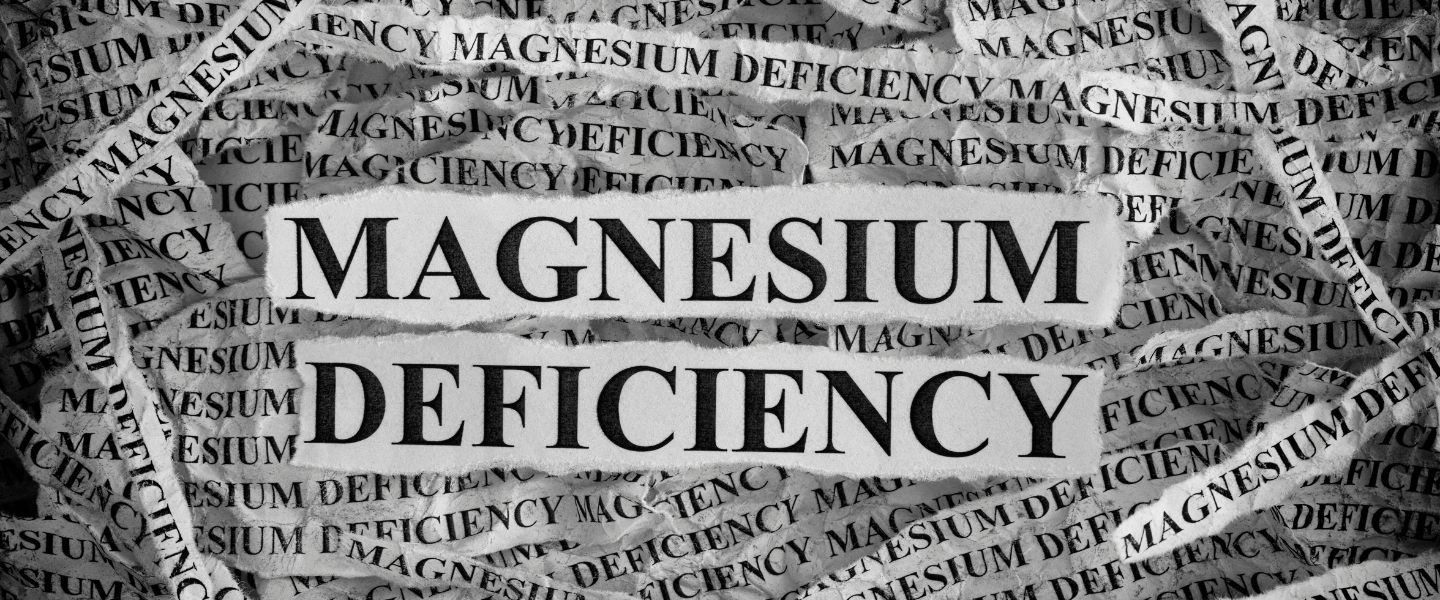Introduction
Are you constantly feeling exhausted, struggling with brain fog, or dealing with painful muscle cramps? If so, your body might be crying out for more magnesium. This essential mineral plays a critical role in over 300 biochemical reactions in the body, yet many people don’t get enough of it. In this article, we’ll explore why magnesium is so important, how deficiency can impact your health, and how you can replenish your magnesium levels for better well-being.
The Importance of Magnesium in the Body
Magnesium is involved in a wide range of bodily functions, including:
• Muscle and Nerve Function: Helps regulate muscle contractions and prevent cramps.
• Energy Production: Supports ATP (energy) synthesis, reducing fatigue.
• Brain Health: Enhances cognitive function, focus, and memory.
• Stress and Sleep Regulation: Supports relaxation and melatonin production for better sleep.
• Heart Health: Helps maintain a steady heartbeat and regulates blood pressure.
Signs of Magnesium Deficiency
Magnesium deficiency is more common than you might think, especially due to modern diets high in processed foods. Some common signs include:
• Muscle Cramps & Spasms: Involuntary muscle contractions can be a red flag.
• Fatigue & Low Energy: Magnesium plays a role in energy production; without enough, you may feel drained.
• Brain Fog & Poor Concentration: Low magnesium levels can affect neurotransmitters and cognitive function.
• Anxiety & Mood Swings: Magnesium helps regulate stress hormones and supports a balanced mood.
• Sleep Problems: Difficulty falling asleep or staying asleep can be linked to inadequate magnesium intake.
Natural Sources of Magnesium

To ensure you’re getting enough magnesium, incorporate these foods into your diet:
• Leafy Greens (Spinach, Kale)
• Nuts & Seeds (Almonds, Pumpkin Seeds)
• Whole Grains (Brown Rice, Quinoa)
• Legumes (Black Beans, Lentils)
• Dark Chocolate (Yes, chocolate is a great source of magnesium!)
• Avocados & Bananas
Why Supplementation May Be Necessary
Even with a healthy diet, magnesium intake can sometimes fall short due to soil depletion, stress, and lifestyle factors. Not all forms of magnesium are easily absorbed by the body, which is why choosing the right supplement is key.
NeuroMg12: A Highly Absorbable Magnesium for Brain & Body
NeuroMg12 contains Magnesium L-Threonate, a superior form of magnesium known for its enhanced absorption, especially in the brain. Unlike other forms, Magnesium L-Threonate efficiently crosses the blood-brain barrier, supporting:
• Improved cognitive function and memory
• Reduced brain fog and mental fatigue
• Better muscle relaxation and recovery
• Enhanced sleep quality
If you’re experiencing any of the symptoms mentioned, it might be time to give your body the magnesium boost it needs. Try NeuroMg12 today and experience the difference!
Final Thoughts
Magnesium is one of the most underrated yet essential nutrients for overall health. Whether you’re dealing with muscle cramps, low energy, or brain fog, increasing your magnesium intake could be the missing piece of the puzzle. Make sure you’re getting enough through diet and supplementation to support your well-being.
Ready to feel the benefits of optimal magnesium levels? Learn more about NeuroMg12 today!



















